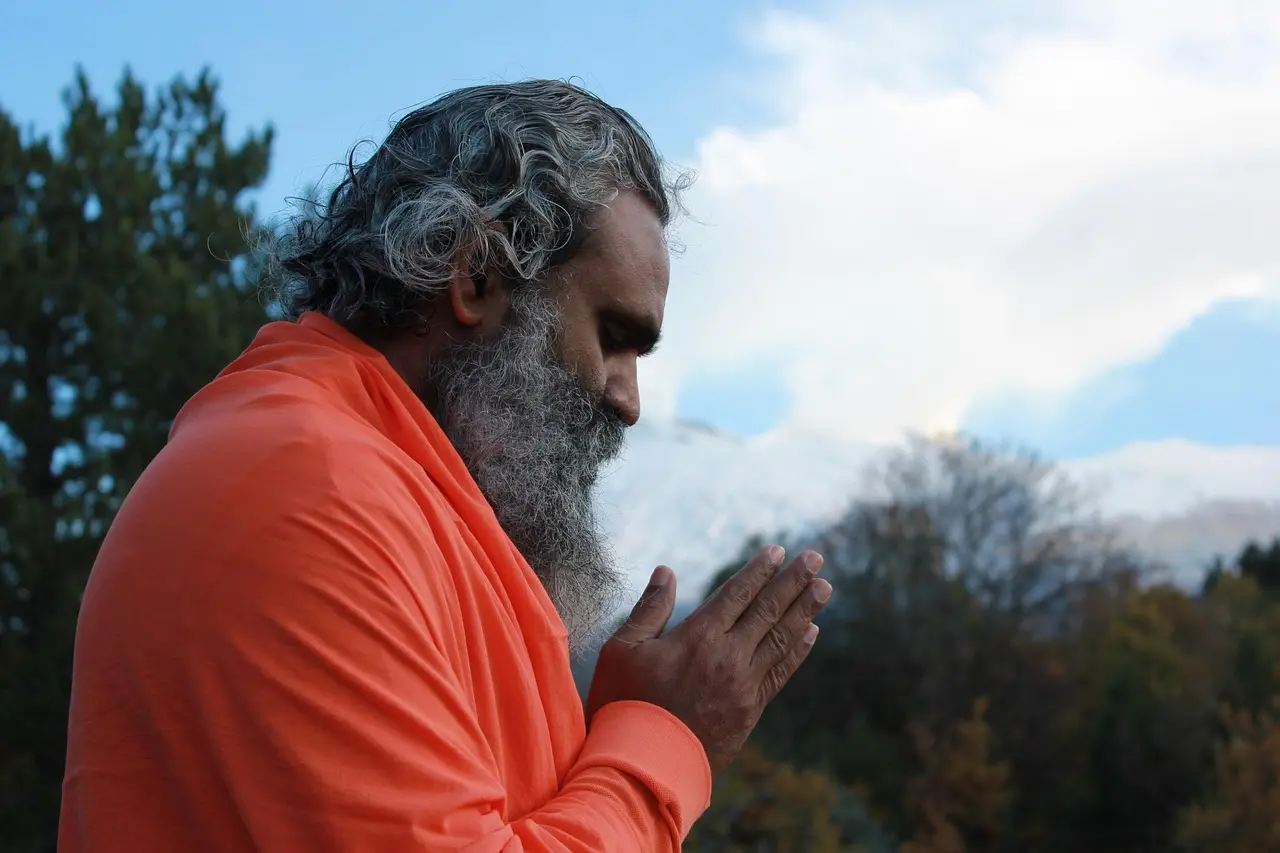The science of gratitude is getting much research attention these days. In an era where increasing many are plagued by a meaning crisis, this is a blessing. In this post, we’ll explore the demonstrated benefits of a gratitude practice and what it means for your children. Herein, what we mean by “gratitude” is doing a daily gratitude practice. Examples are keeping a gratitude journal, gratitude meditation, or even finding three things to be grateful for at the end of your day.
The Science of Gratitude: Neurological Benefits
Gratitude has the power to change our brains. The executive and and emotional centers are in a constant dance. Naturally, the emotional center dominates when we are young, and it can continue doing so as we age if we neglect to develop self-discipline. (We can get “stuck,” if you will, at juvenile stages of maturity.) We all know the so-called adult who still reacts like a toddler. A daily gratitude practice, however, can change brain chemistry helping us mature. For example, it can boost serotonin and dopamine over time, leaving us feeling happier and more fulfilled on a regular basis. (See research reference here.)
The Science of Gratitude: Psychological Benefits
While neurology doesn’t exactly equate to psychology, the two are highly correlated. This article indicates how gratitude helps build resilience. Naturally, we all experience disappointments and setbacks in life. As I often tell my students in the Teen Empowerment Class, however, what matters is what we do with those experiences. Two people having the same experience can lead one to victory and the other to ruin. For example, if a child fails to make the team in a tryout, will they take it as a sign to work harder until they succeed? Or take it as there being something wrong with them and wallow in self-pity? How we frame things in our thinking has a significant impact on the outcome. The science of gratitude becomes highly practical in those moments.
The Science of Gratitude: Relational and Physical Benefits
We all know how gratitude changes a relationship. It is no more in our faces than how we treat our partners. Gratitude becomes generative, while discontent becomes degenerative.
However, the presence or lack of gratitude in our relationships doesn’t just affect us, it affects our children. They are always watching and absorbing what we put out. How do I know? Because I’ve experienced it, firsthand. In other words, if you want your children to have good relationships, start by focusing on the blessings in your own.
According to this article, gratitude can physically lower your blood pressure, activate your parasympathetic nervous system (lowering stress), and cause other beneficial physical changes like improved sleep. A better mood controls anxiety, decreases adrenaline and cortisol (stress hormones), and promotes a stronger immune system.
The Transformation of Life
In an age where medical technology can alleviate not just physical but psychological symptoms, we have to ask where we are going as a species. No doubt, cutting edge treatments have their place in preserving physical and mental health. However, they represent can allow us to weasel out of our own true healing. If we don’t have to change our soul habits and behavior, which are the only ways to affect true health of body, soul, and spirit, what will happen to the human race in the long-term? How many of us are more willing to take a pill than change our ways?
Perhaps the most fascinating point is how changes in the soul-spirit can affect changes in the body. In the soul-spirit, we are most conscious, while in the body we are least conscious. We consciously know how our thoughts arise because we can observe them directly with our thinking. We are unconscious, however, of how physiological processes like digestion are taking place. The metabolism is not self-conscious. The good news, as indicated by the studies linked above, is how what is conscious can command what is unconscious. In other words, in the words of Louise Hay, “You can heal your life.”
It takes effort, however. We have to be willing to do the work of conscious self-transformation. Gratitude is an essential part of that. That is why we practice it every Live Teen Empowerment class so that our youth can learn its benefits from a young age.
So, what are three things you are grateful for right now? If you’re not already doing a gratitude practice, try starting that practice at the end of each day and see how it affects your life. Try this practice also with your family at the dinner table each night to plant the seeds of a grateful life in them from a young age. For, as Eckhart Tolle says, “The more you practice gratitude, the more life gives you things to be grateful for.”
How We Can Help
Enkindle Academy offers prerecorded and live lessons for students in grades 5-9. We teach all academic subjects plus fine arts, creative writing, and empowerment groups for teens. We also offer 1-on-1 tutoring on all subjects including fine arts. Visit our website for more info and for free sample lessons. Remember to subscribe for weekly updates, tips for homeschooling, and special offers.


Leave a Reply
You must be logged in to post a comment.